Kristoffer Hougaard Madsen
SYNCS: Synthetic Data and Contrastive Self-Supervised Training for Central Sulcus Segmentation
Mar 22, 2024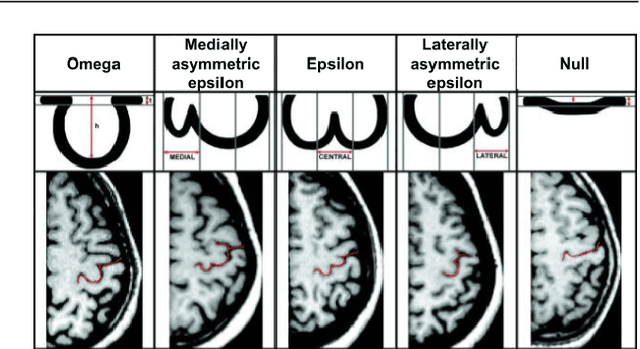
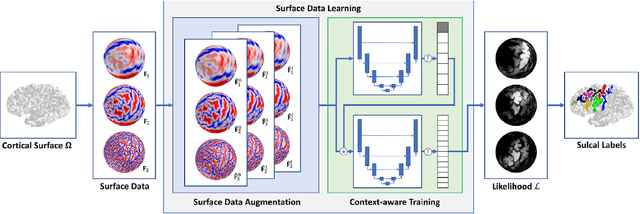
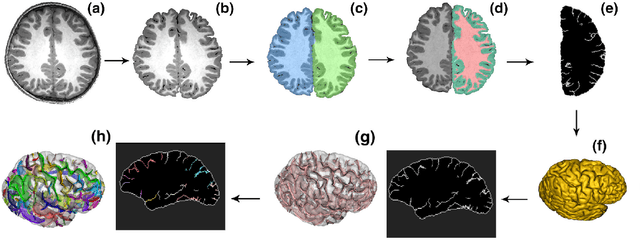

Abstract:Bipolar disorder (BD) and schizophrenia (SZ) are severe mental disorders with profound societal impact. Identifying risk markers early is crucial for understanding disease progression and enabling preventive measures. The Danish High Risk and Resilience Study (VIA) focuses on understanding early disease processes, particularly in children with familial high risk (FHR). Understanding structural brain changes associated with these diseases during early stages is essential for effective interventions. The central sulcus (CS) is a prominent brain landmark related to brain regions involved in motor and sensory processing. Analyzing CS morphology can provide valuable insights into neurodevelopmental abnormalities in the FHR group. However, segmenting the central sulcus (CS) presents challenges due to its variability, especially in adolescents. This study introduces two novel approaches to improve CS segmentation: synthetic data generation to model CS variability and self-supervised pre-training with multi-task learning to adapt models to new cohorts. These methods aim to enhance segmentation performance across diverse populations, eliminating the need for extensive preprocessing.
Adaptive Smoothing in fMRI Data Processing Neural Networks
Oct 02, 2017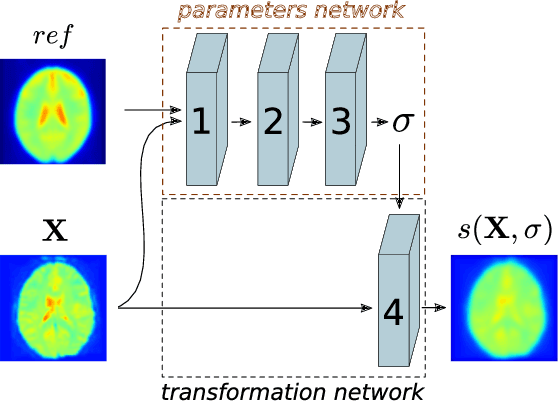
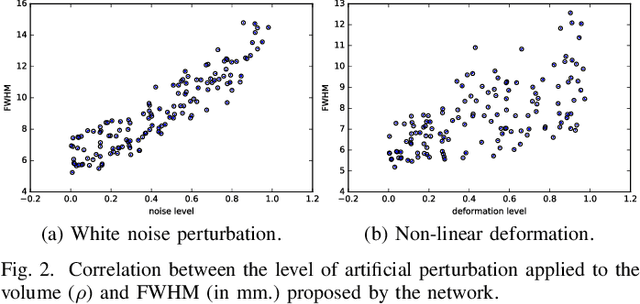
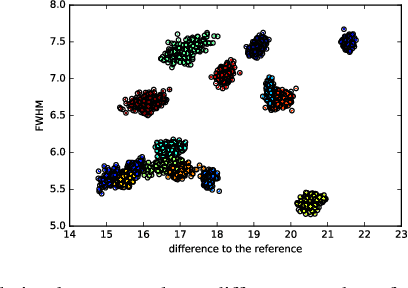
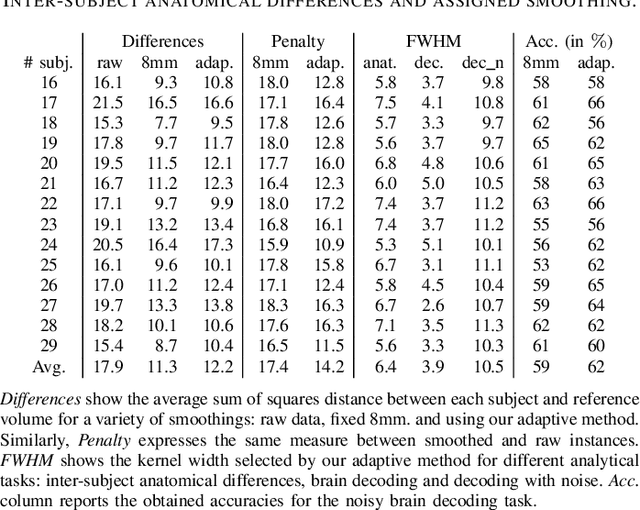
Abstract:Functional Magnetic Resonance Imaging (fMRI) relies on multi-step data processing pipelines to accurately determine brain activity; among them, the crucial step of spatial smoothing. These pipelines are commonly suboptimal, given the local optimisation strategy they use, treating each step in isolation. With the advent of new tools for deep learning, recent work has proposed to turn these pipelines into end-to-end learning networks. This change of paradigm offers new avenues to improvement as it allows for a global optimisation. The current work aims at benefitting from this paradigm shift by defining a smoothing step as a layer in these networks able to adaptively modulate the degree of smoothing required by each brain volume to better accomplish a given data analysis task. The viability is evaluated on real fMRI data where subjects did alternate between left and right finger tapping tasks.
Towards end-to-end optimisation of functional image analysis pipelines
Oct 13, 2016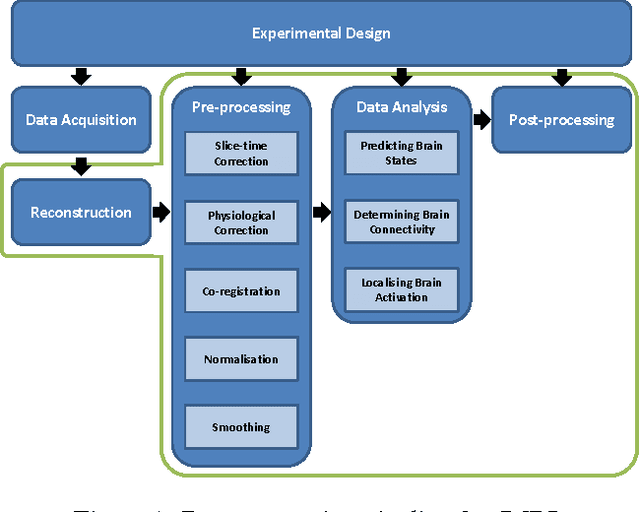
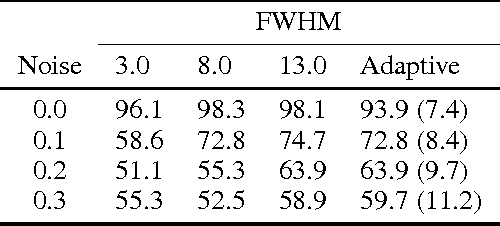
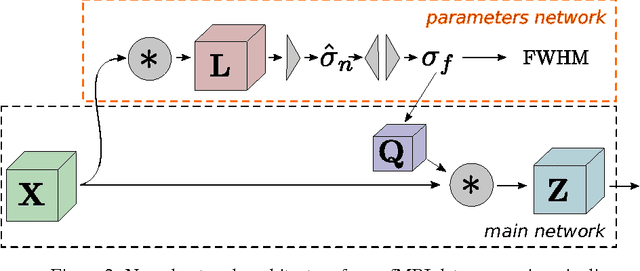
Abstract:The study of neurocognitive tasks requiring accurate localisation of activity often rely on functional Magnetic Resonance Imaging, a widely adopted technique that makes use of a pipeline of data processing modules, each involving a variety of parameters. These parameters are frequently set according to the local goal of each specific module, not accounting for the rest of the pipeline. Given recent success of neural network research in many different domains, we propose to convert the whole data pipeline into a deep neural network, where the parameters involved are jointly optimised by the network to best serve a common global goal. As a proof of concept, we develop a module able to adaptively apply the most suitable spatial smoothing to every brain volume for each specific neuroimaging task, and we validate its results in a standard brain decoding experiment.
 Add to Chrome
Add to Chrome Add to Firefox
Add to Firefox Add to Edge
Add to Edge